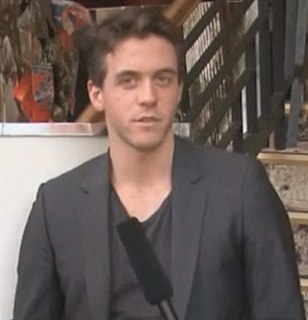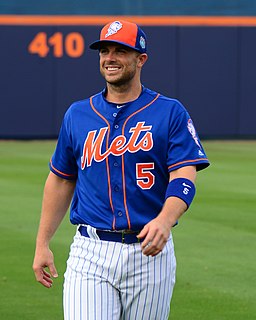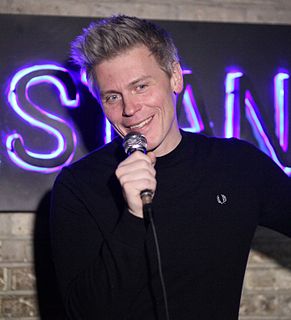A Quote by Kate Atkinson
If you don't have a unique voice, then you're not really a writer.
Related Quotes
Like Hemingway and Faulkner, but in an entirely different mode, Fitzgerald had that singular quality without which a writer is not really a writer at all, and that is a voice, a distinct and identifiable voice. This is really not the same thing as a style; a style can be emulated, a voice cannot, and the witty, rueful, elegaic voice gives his work its bright authenticity.
In a sense my whole life as a writer is trying to find structural ways, or formal ways, to permit that outflowing so it doesn't just look like crazy output. In other words, if it turns out that you can do a given voice, that's just kind of inclination. But then if you can find a way to put that voice in a story so that the voice serves a purpose, then I would say that's being a writer.
An excess of development can undermine the most ephemeral but distinctive tool a writer possesses: authorial voice. A writer's voice is as individual and marked as a thumbprint, and is a playwright's truest imprimatur. It is as innate as breathing, and can be as unique as any genetic code. By its very singular nature, it is seldom born in the act of collaboration. True authorial voice always pre-dates the first rehearsal of a text. And it is - and will always be - an author's most distinguishing and valuable feature.
My abject hatred of actors and the acting world. I went to college as an actor, and halfway through, I switched to playwriting and directing. Then I spent a couple years working in publishing, doing some freelance journalism for The Village Voice and Musician magazine. I thought my life was going to be as a writer, but then I realized I missed performing, so I got into comedy. It was a nice combination of things I was sort of good at. I was a pretty good writer and a decent actor, but I didn't really like acting, and I didn't have the discipline to be a writer.
There are authors like David Foster Wallace or Raymond Chandler - with voice-based authors I might end up a completist, because what I love about them isn't just the particular construction of one novel or another but their flavor. There is an Austrian writer, Thomas Bernhard, as well. One book is not necessarily greater than another book, but they just have this incredible, unique voice, so it doesn't really matter which one you read.
We're not unique in our family. We're more ambitious but we're not special. I'm not funnier than anyone else in my family; it's just that we wanted more than Raleigh, North Carolina, had to offer. If my brother wanted more than Raleigh had to offer, you would know his name. My sister Lisa has a really unique and different voice, but she doesn't want that. She's a fine writer, but never said, "I want a book. I want that kind of attention."


































